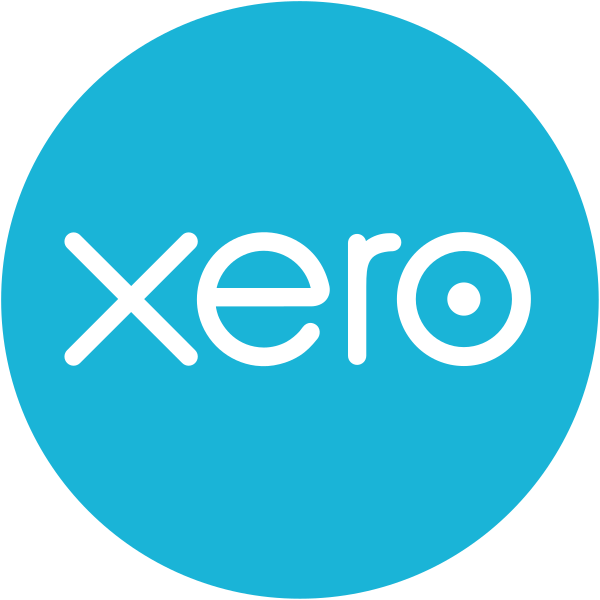QuickBooks Online, Xero & MYOB: A Comprehensive Guide to Selecting the Right Accounting Software for Your Business
- October 9, 2023
In the ever-evolving world of cloud accounting, businesses are spoilt for choice with a plethora of software options. QuickBooks Online (QBO), Xero, and MYOB stand out as three of the most prominent players in this domain. Each of these software vendors has meticulously crafted their product ranges by bundling and unbundling various features. This makes a direct comparison challenging, but not impossible. Let’s delve deep into their offerings and shed light on the crucial factors that can guide your selection process.
Pricing Overview (as of 09th October 2023):
- Business Lite: $30
- Business Pro: $55
- Account Right Plus: $136
- Account Right Premier: $170
Common Features Across the Board:
Every software in this trio offers a robust set of features that cater to the basic accounting needs of businesses:
- GST and Business Activity Statements: Seamlessly track GST and lodge your business activity statements.
- Income and Expense Tracking: While all platforms allow you to monitor income and expenses, the depth and range of reports might vary.
- Invoicing and Quotations: Create, customize, and send invoices and quotes with ease.
- Bank Integration: Connect your bank accounts using open banking protocols, proprietary integrations, or other methods.
Key Selection Considerations:
- Maturity of the Product: All three software options have matured over time, offering a robust set of basic features. If you’re looking purely from a cost perspective for basic features, QBO offers the best value for money.
- Advanced Features: As your business grows and your needs evolve, you might require functionalities like Inventory, Multi-currency, or Payroll. This is where the decision becomes intricate:
- Inventory: Examine each product’s capabilities and their ecosystem add-on partners.
- Payroll: If you have a large workforce or plan to expand, consider that MYOB’s Account Right Plus & Premier support unlimited employees, while Xero & QBO might charge extra.
- Multi-currency: Check which software supports this feature at your desired price point.
- Ecosystem Add-ons: Xero & QBO boast a more extensive range of app add-ons compared to MYOB. Interestingly, many of these add-ons are common to both platforms.
- Promotions: While all three platforms might offer promotional discounts, it’s essential not to base your decision solely on short-term savings. Think long-term.
- Upgrades: All platforms allow for product upgrades. Consider the trajectory of your business growth and potential future needs.
- Transitioning Between Software: If you’re considering a switch, QBO offers a free migration service, which can be a significant advantage.
- Support: In my experience, QBO and Xero offer superior support, with phone call options being a notable benefit. MYOB’s support, on the other hand, has room for improvement.
- Accountant’s Preference: Your accountant might have a favorite software. However, remember that they might also have reseller relationships with these vendors. Always choose what’s best for your business.
- Continuous Improvement: The competition is fierce, ensuring that all vendors are continually enhancing their offerings.
- Market Focus: Xero and QBO cater to international markets, potentially leading to more advanced products in the long run due to economies of scale. MYOB, being more Australia-centric, might seem like a better fit for local businesses. However, based on my experience, their payroll reconciliation for the 2023 financial year was less than optimal.
Additional Insights:
- Scanning & Storing Receipts: A notable feature where MYOB products shine. They include this feature across their range. While Xero also offers this, it requires an Add-on.
- Vendor Competition: The ever-present competition among these vendors ensures that they are always on their toes, striving to improve their products and fill any capability gaps.
- Global vs. Local: Xero and QBO’s presence in international markets suggests that they might develop better products in the long run due to economies of scale. On the other hand, MYOB’s Australian focus might mean their product is better optimized for the local payroll environment.
In Conclusion:
Choosing the right accounting software is a pivotal decision for your business. While all three platforms – QBO, Xero, and MYOB – are commendable, your unique business needs will dictate the best fit. Take the time to assess, consult with your accountant, and make an informed choice. Remember, the right software can make all the difference in streamlining your financial processes and driving business growth.

Accountant, Technologist & Futurist




